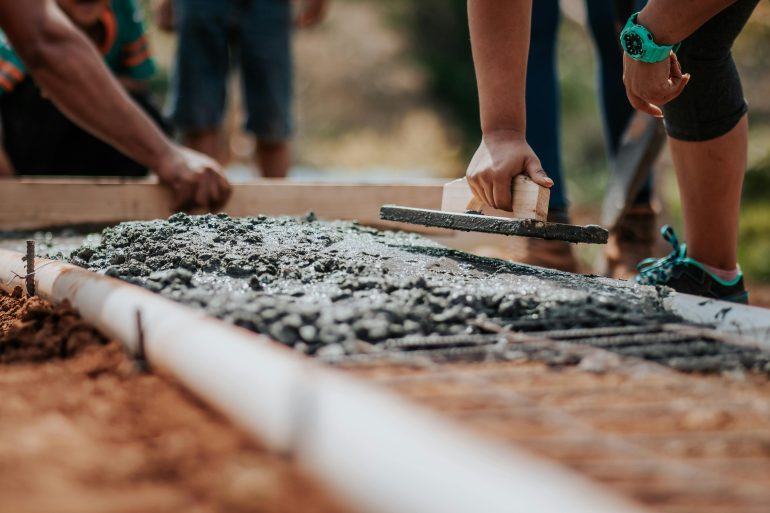Paraguay’s state-owned cement producer, the National Cement Industry (INC), shipped 9.9 million bags of cement between July 2024 and May 2025, securing a 35.5% share of the national market. This represents a 28% increase compared to the previous year, according to the presidential management report that was presented to the National Congress recently.
This surge reflects broader momentum across Paraguay’s construction sector, with its GDP contribution rising significantly from 3.0% to approximately 4.8%. This growth is driven by a substantial increase in both public and private initiatives, as outlined in the Paraguay Macroeconomic Outlook 2025.
Efficiency boosts output to lower cement prices
To support this growth, the INC adopted a continuous production system, and enhanced its management practices, reducing production costs by 30% between 2023 and 2024. The company also achieved a 14.5% reduction in raw material acquisition costs by implementing transparent procurement processes, market analysis, and financial controls.
These savings allowed the INC, according to its 2024 Management Report, to lower the price of a bag of cement by Gs. 2,000 (approximately US$ 0.25), benefiting both the company and consumers, particularly relevant at a time when Paraguay’s minimum wage was recently increased to Gs. 2.9 million to help improve purchasing power.
In 2024, the price of cement ranged from Gs. 44,000 (around US$ 7) to Gs. 57,000 (around US$ 5.50), depending on the production plant. The country’s largest facility, operated by the INC and located in Vallemí in the department of Concepción, produced 523,156 tonnes of cement, representing a staggering 41% increase compared to 2023, according to the same report.
Logistical challenges, but INC remains focused on growth
The INC is currently grappling with higher production costs driven by historically low water levels on the Paraguay River, and a stronger US dollar. The severe drop in the river’s depth, which handles nearly 80% of the country’s trade, has disrupted cargo movement and increased freight costs. As a result, the company was compelled to abandon river transport, and rely entirely on land logistics between its Vallemí and Villeta plants since September 2024.
Nevertheless, the company reaffirmed its commitment to overcoming these challenges through continued improvements in operational efficiency and strategic planning. “The INC plans to continue strengthening its management and production processes, with the goal of expanding its leadership position in the domestic market”, the report states.


